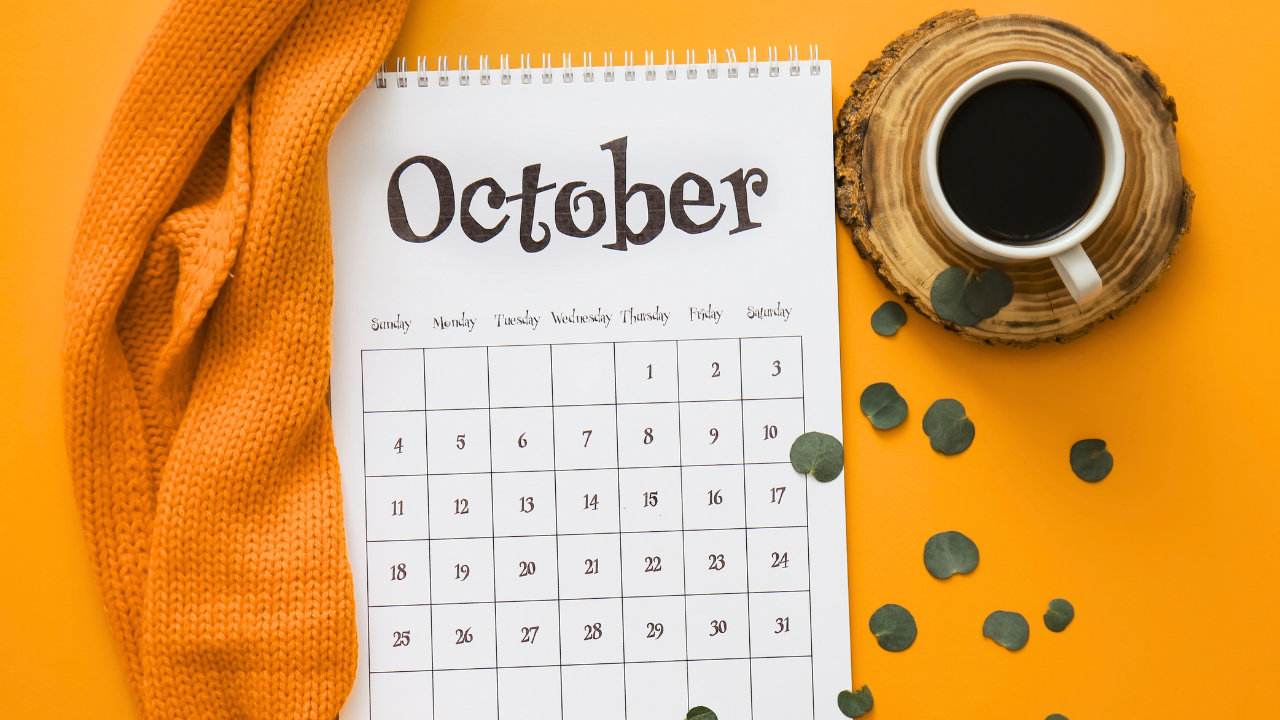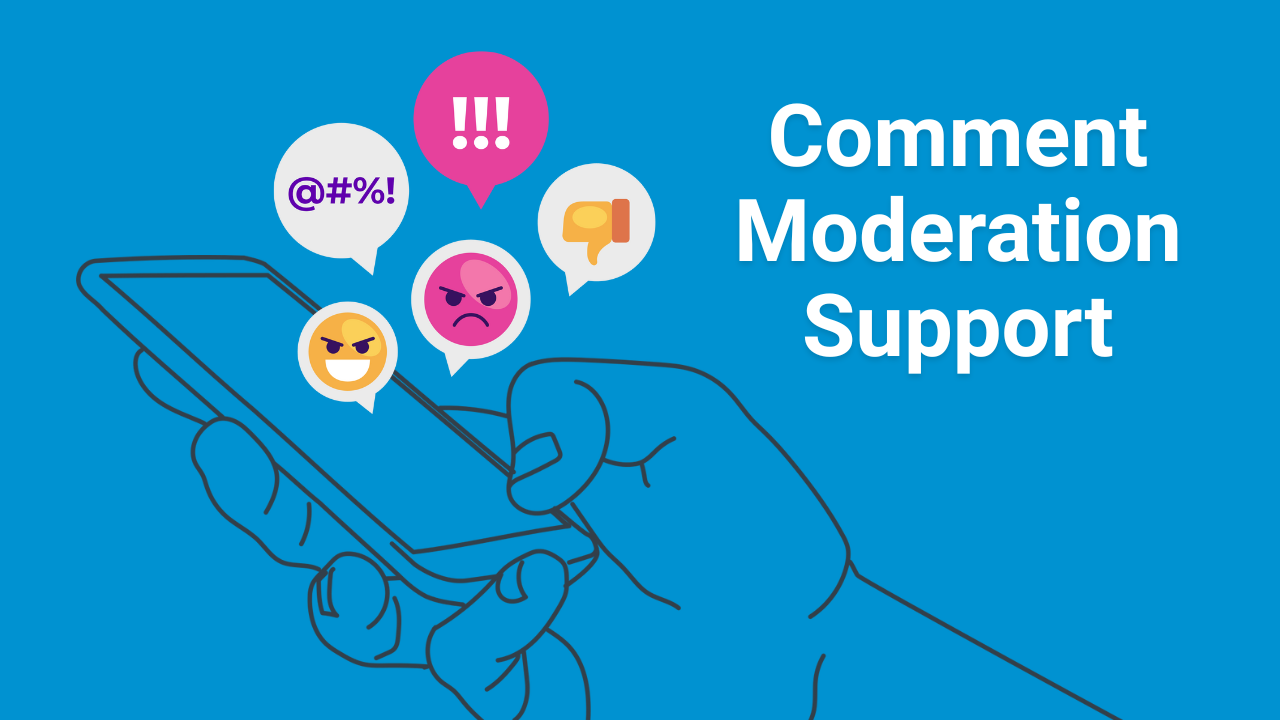
How Elon Musk’s Twitter could affect government social media
Apr 26, 2022Contributed blog by Sarah Rihaly, Content Manager at Government Social Media
What could Elon Musk’s Twitter look like to government social media professionals?
It’s officially in motion: Elon Musk is set to buy Twitter. According to The New York Times, Elon Musk was nearing a deal to buy Twitter after the social media network’s board met Sunday to consider Musk’s. On Monday, Twitter confirmed the Tesla and SpaceX CEO and world’s richest man reached an agreement to buy one of the largest social media platforms for about $44 billion, leaving a divided outcome between both users and employees.
"Free speech is the bedrock of a functioning democracy, and Twitter is the digital town square where matters vital to the future of humanity are debated," Musk said in a press release Monday. "I also want to make Twitter better than ever by enhancing the product with new features, making the algorithms open source to increase trust, defeating the spam bots, and authenticating all humans. Twitter has tremendous potential – I look forward to working with the company and the community of users to unlock it."
Twitter has a purpose and relevance that impacts the entire world. Deeply proud of our teams and inspired by the work that has never been more important. https://t.co/5iNTtJoEHf
— Parag Agrawal (@paraga) April 25, 2022
Government Social Media Professionals (SocialGovs) have handled many of these issues Musk touches on in his statement, issues we at Government Social Media help government agencies teach each other and create best practices on how to handle, prevent and overcome. While the direct effects of the sale on the government social media community remains unclear, we support the continued transparency between the socialgov community with all social media networks, crucial to the work done in this ever-evolving field. As the second most-used platform for government social media professionals in the U.S. according to ArchiveSocial’s 2021 State of Social Media Report, the sale could have an impact on how many currently use the platform, depending on what changes are made and how quickly.
A change we can likely anticipate is how free speech is interpreted and content is moderated on the platform.
While Twitter is not a government agency and therefore does not have the constitutional requirements for free speech that government entities do, Musk has frequently expressed his opinion on free speech principles, calling Twitter “the de facto public town square” while also criticizing how content is policed on the platform.
Given that Twitter serves as the de facto public town square, failing to adhere to free speech principles fundamentally undermines democracy.
— Elon Musk (@elonmusk) March 26, 2022
What should be done? https://t.co/aPS9ycji37
In the letter previously sent to Bret Taylor, the chairman of Twitter, Musk said, “I invested in Twitter as I believe in its potential to be the platform for free speech around the globe, and I believe free speech is a societal imperative for a functioning democracy.” Musk continues that the “company will neither thrive nor serve this societal imperative in its current form” noting Twitter needs to be made private. He ends the letter with, “Twitter has extraordinary potential. I will unlock it.”
His repeated call to open Twitter’s free speech could mean more loosely regulated rules for content and moderation, which could in turn open the platform to more misinformation if regulations lapse. However, how Musk exactly defines free speech and the implementation of different free speech rules on the platform remains murky.
I hope that even my worst critics remain on Twitter, because that is what free speech means
— Elon Musk (@elonmusk) April 25, 2022
Another change we can expect — pending the official close of the deal expected to be later this year — would be converting Twitter from publicly held to a private company, which Musk has previously voiced. Twitter became a publicly traded company in 2013.
Moving to a private company would remove Twitter from being listed or traded on a public stock exchange, meaning there’s no need to report financial information to the Security and Exchange Commission. Why this matters? Without rules and filing financial reports, the company itself could be more open to riskier projects that wouldn’t be beholden to public stakeholders. Musk hasn’t announced plans on what a potential board of directors or leadership team would look like yet, or how much influence Musk would have himself.
What Twitter’s sale will bring to the government social media community could mean changes to the algorithm which Musk has touched on making more transparent before, who uses the platform and why, especially if free speech principles are tweaked. Could this mean bigger, riskier projects we wouldn’t see as a public company? A need to switch strategy? Potential policy changes? Audiences that leave or come back to the platform? All are possible scenarios, in which only time will tell.
One thing does remain clear: don’t change your social media strategy quite yet. As many in this community know working in the government space, it’ll likely still take time to implement any changes, even as a private company. In the meantime, understand what updates are coming through and start paving the road for conversations with your agency’s leadership, including legal team, on your agency’s overall use of Twitter — including reviewing any potential changes to language directly affecting government entities in its Terms of Service — and what changes down the line could mean for you and your agency moving forward.
Most importantly, continue talking to people who understand your role best: your peers. Join conversations happening in the Government Social Media Community Facebook Group on the Twitter sale itself and what has the potential to be many interesting conversations down the line on what these changes could mean for you and your agency.
Meet the author
 Sarah Rihaly
Sarah Rihaly
Content Manager – Government Social Media LLC
As the Content Manager at Government Social
Media, Sarah strongly believes in the power of
words and the art of storytelling. She joined Team
GSM in 2019, and enjoys writing helpful articles,
coordinating trainings and is passionate about
sharing stories from conference speakers and the
greater socialgov community.
Best communicate with the public you serve by becoming a part of the free Government Social Media network — only available to full/part-time employees of government or educational institutions.
We support the largest network of government social media professionals in the U.S. by guiding government agencies through complex social media issues. Government Social Media helps you successfully communicate with the public you serve, protect your agency and keep public trust while finding your support community.
Government Social Media® empowers government professionals to achieve mastery in social media through conferences, online training, and association membership. Best communicate with the public you serve and get connected with fellow socialgovs by registering for the 2026 Government Social Media Conference happening in New Orleans, LA and virtually from wherever you are! Join the free GSM Network for text-only chats on socialgov topics or access the Government Social Media Association (GSMA) for regional virtual meetups and educational webinars.









